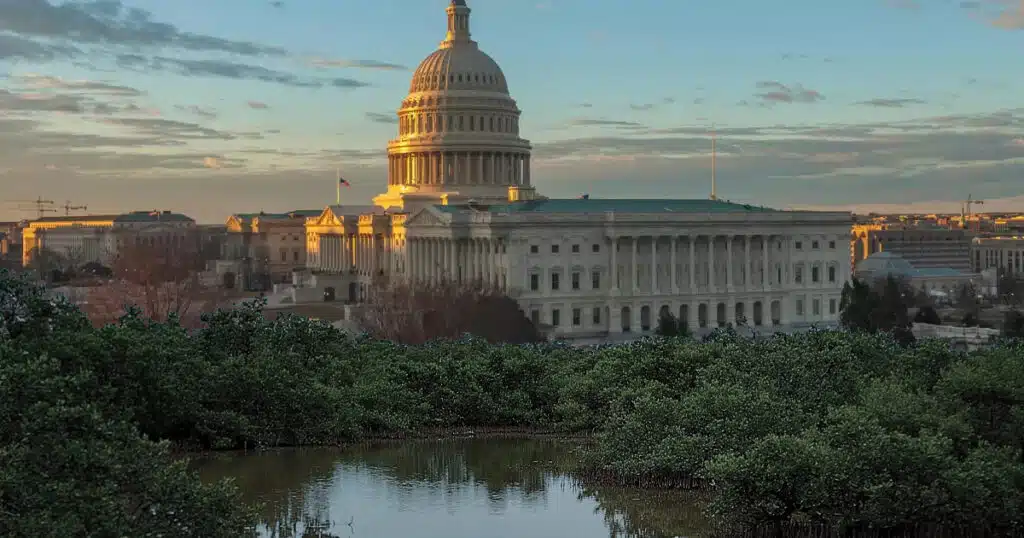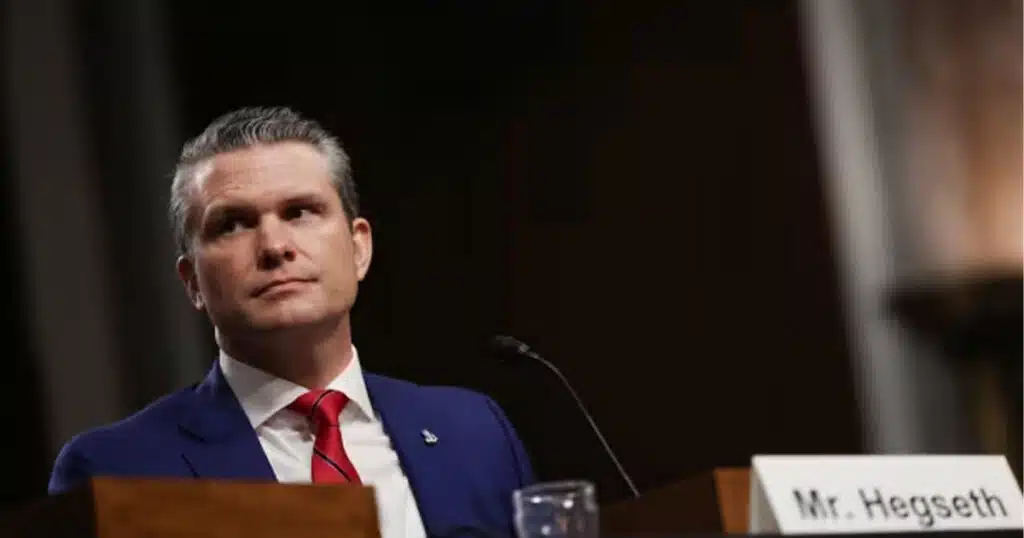
Foreign aid groups, NPR respond to GOP-passed $9 billion rescissions package
Republicans have scored another victory for the Trump administration by passing the White House’s rescissions package clawing back $9 billion in foreign aid and public broadcasting spending.
Organizations impacted by the cuts, however, are warning that the bill will carry severe ramifications regarding global humanitarian progress and rural Americans’ access to critical news.
The rescissions bill, which President Donald Trump will sign Friday, cancels roughly $7.9 billion in foreign aid and $1.1 billion meant to fund the Corporation for Public Broadcasting, which finances over 1,000 NPR and PBS broadcasting stations across the country.
Republican leaders have argued that the bill helps tackle the federal deficit while reducing wasteful spending of taxpayer dollars on global aid deemed “woke” and public broadcasting organizations deemed “politically biased.”
Some examples of now-revoked foreign aid funding that GOP lawmakers have bashed include $21 million for wind farms in Ukraine; $18 million to promote gender diversity in the Mexican street lighting industry; $6 million for “Net Zero Cities” in Mexico; and $5 million to strengthen the resilience of “queer global movements.”
“We ought to learn that taxpayer dollars shouldn’t be treated like Monopoly money,” Rep. Ralph Norman, R-S.C., said on X after the bill’s passage around midnight Friday. “Accountability isn’t radical, it’s responsible.”
While all Republicans supported defunding global initiatives that promoted abortion, climate projects, LGBTQ movements and DEI, concerns over potential cuts to global AIDS prevention programs and rural emergency broadcasting systems caused two House Republicans to oppose the final measure.
Democrats and multiple impacted organizations railed against the rescissions, deeming them “reckless,” “arbitrary,” “cruel.”
Physicians for Human Rights director Tom McHale said in a Friday statement that the cuts “threaten to roll back decades of progress in global health.”
“Governments of course have the prerogative to withdraw aid,” McHale added. “But the sudden, arbitrary and capricious way that the Trump administration cut funding – without any warning or time for affected populations, humanitarian actors, or health workers to plan alternative arrangements for life-saving services – is having particularly cruel consequences around the globe.”
The Hebrew Immigrant Aid Society went a step further, with its Vice President of International Policy and Advocacy, Noah Gottschalk, saying that the bill “will have life-and-death consequences for millions of people around the world.”
The cuts to public broadcasting systems have elicited dire predictions as well, with NPR President Katherine Maher focusing on the bill’s implications for freedom of the press and the survival of local radio stations that provide emergency alerts for rural areas.
“Supporters of defunding are fixated on NPR and PBS, but in reality the cuts will be felt where these services are needed most,” Maher said in a Friday statement. “Public radio provides local programming that would otherwise be unavailable…[if] a station doesn’t survive this sudden turn by Congress, a vital stitch in our American fabric will be gone for good.”
Not all outside organizations oppose the bill, however. Fiscal watchdogs have tentatively praised the rare case of Congress reducing federal spending.
“Without endorsing any of the specific cuts in this package, we do believe it is important for Congress to take steps toward deficit reduction,” Concord Action executive director Carolyn Bourdeaux said in a statement.
“Reducing spending by $9 billion right now, however, remains a drop in the bucket compared to the trillions in deficit spending and tax cuts that Congress just advanced on top of our massive $36 trillion national debt,” she added. “Congress needs to take serious steps to address our unsustainable debt as they consider the FY26 budget.”
Congress, however, is facing tough odds when it comes to passing the fiscal year 2026 budget, as many Democrats are now refusing to work bipartisanly with Republicans on the 12 annual appropriations bills that must all pass by Sept. 30 in order to prevent a government shutdown.
Rep. Pramila Jayapal, D-Wash., said Friday that the passing of the rescissions package “calls into question the future of the broader appropriations process, if the President simply rescinds and Republican members go back on the agreements they made.”
With the House’s August recess approaching, and the chamber having only passed two of the 12 appropriations bills, making the September deadline seems an increasingly unlikely possibility.


